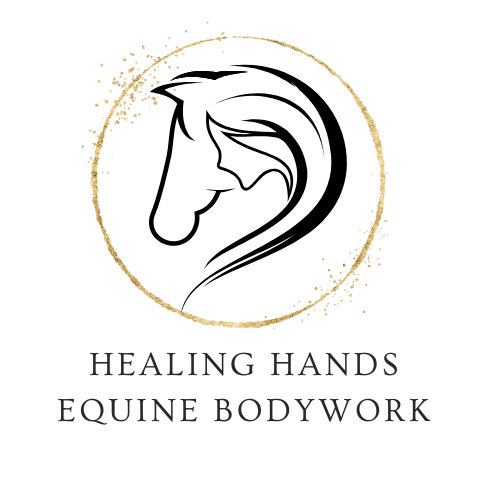Red Shoes and Saddles
A couple weeks ago I was a vendor at a local event where several brands of saddles were represented. Attendees could talk to the reps, even bring in their horse and also have their current saddle evaluated. It's always interesting the learn about this really important piece of tack.
Not only do we have to consider what WE as a rider like and how it fits us, but we also have to consider how it fits the horse, both statically, but even more importantly, under saddle while moving. Fitting saddles is both art and science and the best fitters not only have their check list but are also very in tune with the horse's body language.
And it reminded me of shoe shopping with my Grandma. I know I know, you are probably shaking your head! But bear with me.
My grandmother loved to take us shoe shopping. Not only did she believe that one should always be dressed well, but she absolutely adored shoes. Especially red ones. I mean RED. Fire engine bright red. So whenever we needed new shoes, she would insist on taking us instead of my Mom.
I have to be honest, we weren't that excited about her taking us. Not only because her taste was very different than ours (imagine that!), but also because she would just insist on buying us the shoes she thought we should have. And mine typically ended up being red.
I remember one time where I had my eye on this really pretty pair of black leather shoes, but I went home with red patent leather Mary Jane's. To this day I think my brother got lucky because his shoes at least weren't red! And to boot, the shoes didn't really fit, were quite uncomfortable and I really didn't want them.
So why did I end up with them? A couple reasons. I simply got tired of asking for what I wanted. I was worn down by my really well-meaning grandma. I wanted to make her happy. I acquiesced to her position of authority (and she had the wallet). I never really wore those shoes much. They were uncomfortable after all. They weren't my style. When I did have to wear them, I got crabby and irritated just thinking about them.
And now I bet you can see where this is going.
Our horses really are so very generous. I know I rode in a saddle that didn't fit my horse and didn't connect the dots. And it showed in his performance. I couldn't make progress and no supplement or training would have fixed that. Most horses put up with an awful lot from us. Add saddle fit is a big one.
Whenever I work on horses, I pay attention to patterns that don't seem to resolve and also the feedback I get from my client. Be it performance or behavior issues. Our horses do tell us when their tack doesn't fit. But we must be willing to listen. Some horses are very subtle about it, others let you have it as soon as you go to get the saddle.
But my horse does just fine, I hear some of my clients say. And yet there is a lack of progress in the training, or the horse is irritable or depressed.
Saddles are so expensive - that's another one I hear. And I get it. Believe me. A good saddle is an investment for sure. And finding the right fit for you and your horse can be a real pain the behind.
But here is the truth. You can spend money on bodywork, training and supplements all you want. But if the saddle doesn't fit, you may as well put a match to your money.
Not only that, but riding is a hazardous activity to begin with. And when you take your horse over that jump and suddenly the saddle grabs that left shoulder and you end up coming off and in the ER, with medical bills or veterinary bills mounting, the cost of a new and well-fitting saddle will suddenly look really small compared to that.
Addressing one of the primary pieces of equipment and ensuring a fit that allows the horse to use his body in the most optimal way can really save you money in the long run. When your horse can't move freely, he will have to use his body in a way that puts stress on other body parts such as joints, tendons and ligaments. And down the road, this will translate into a breakdown of your horse's physical well-being and vet bills. It will also hinder his mental and emotional well-being.
If we want our horses to give us their all, we have to do our very best to make sure we are not causing them discomfort.
Your bodyworker can be a good source of collecting data and information on what is going on with your horse's body. Talk to your professionals and listen. And most importantly, listen to your horse. He will give you the best feedback - hands down.
Wishing you all a great weekend.
Daniela


